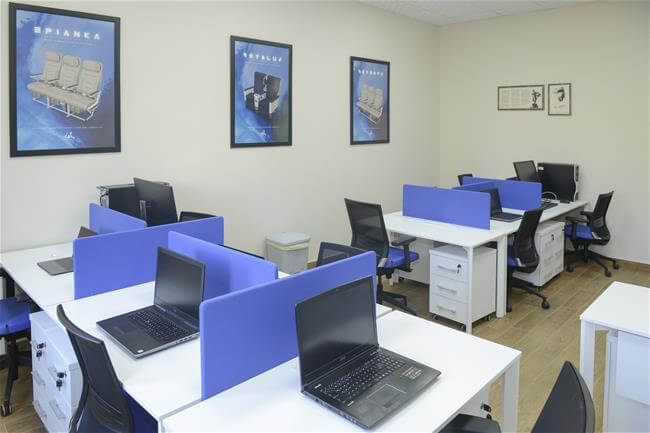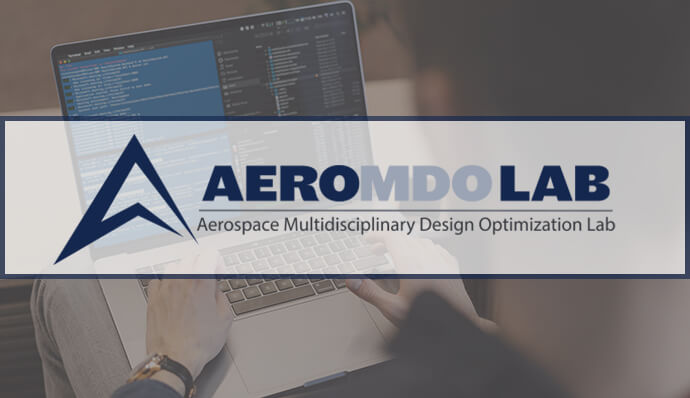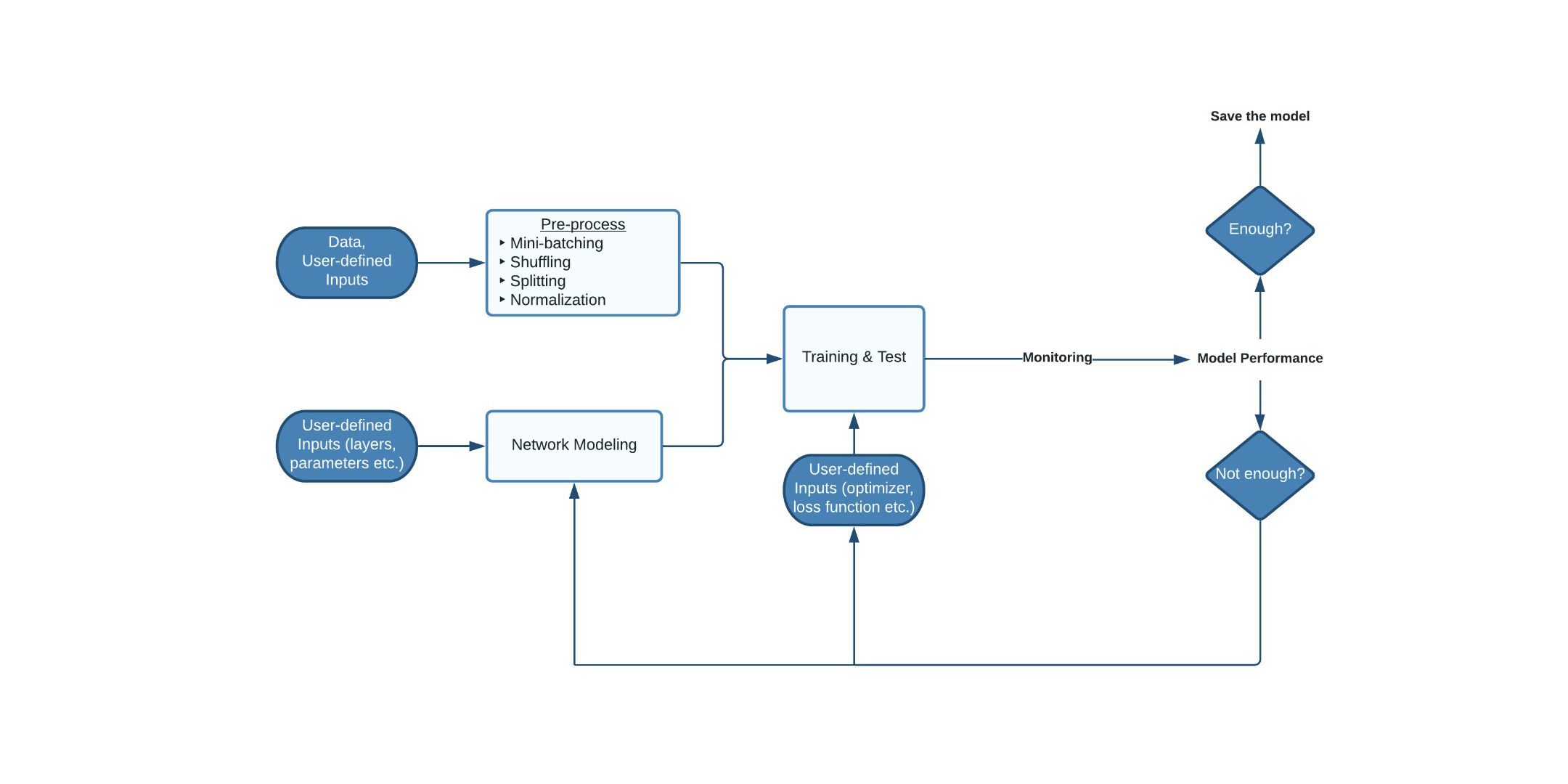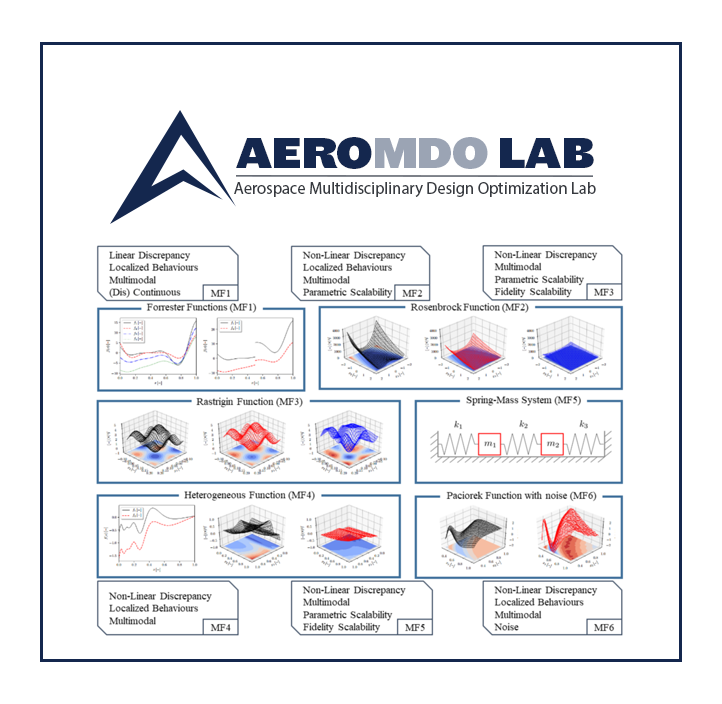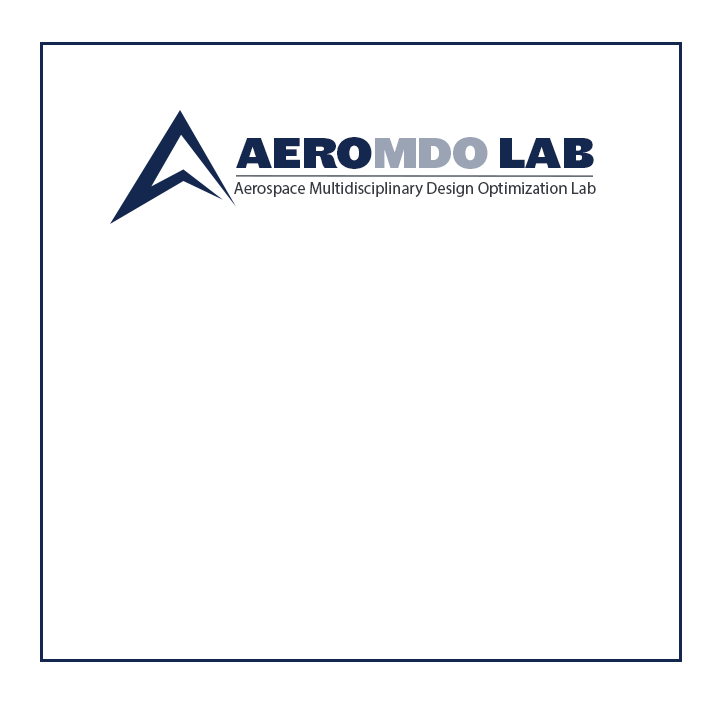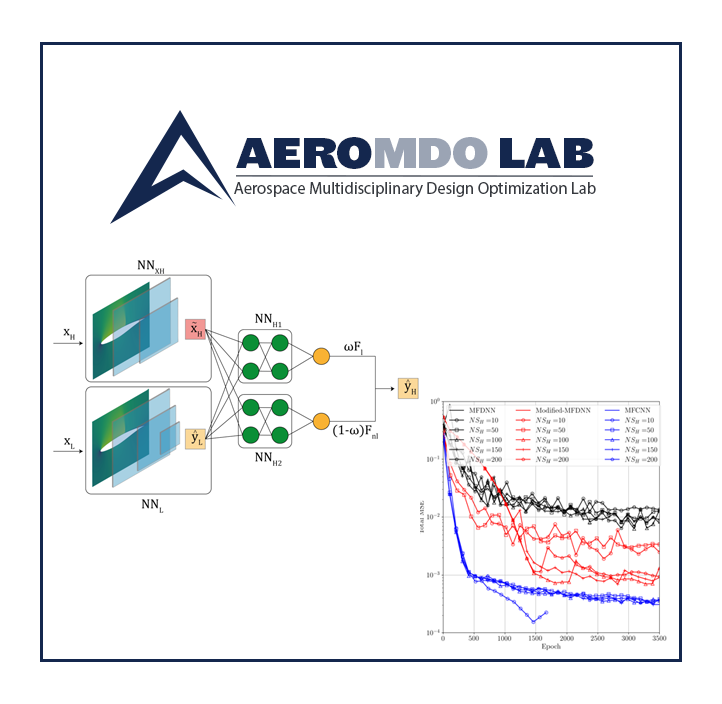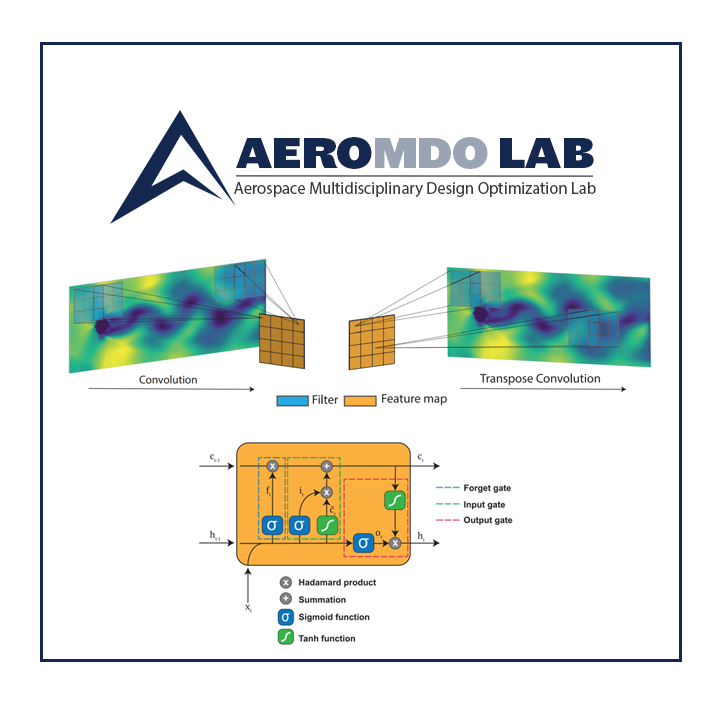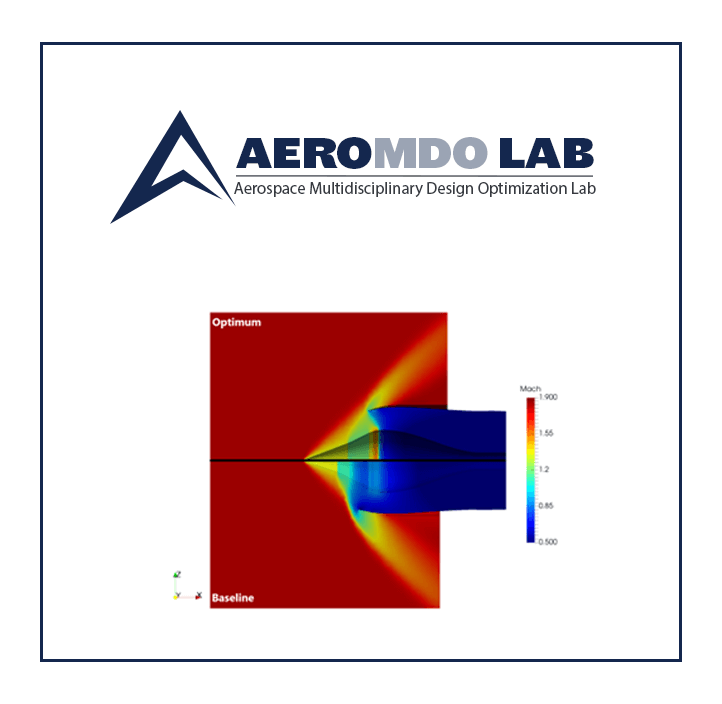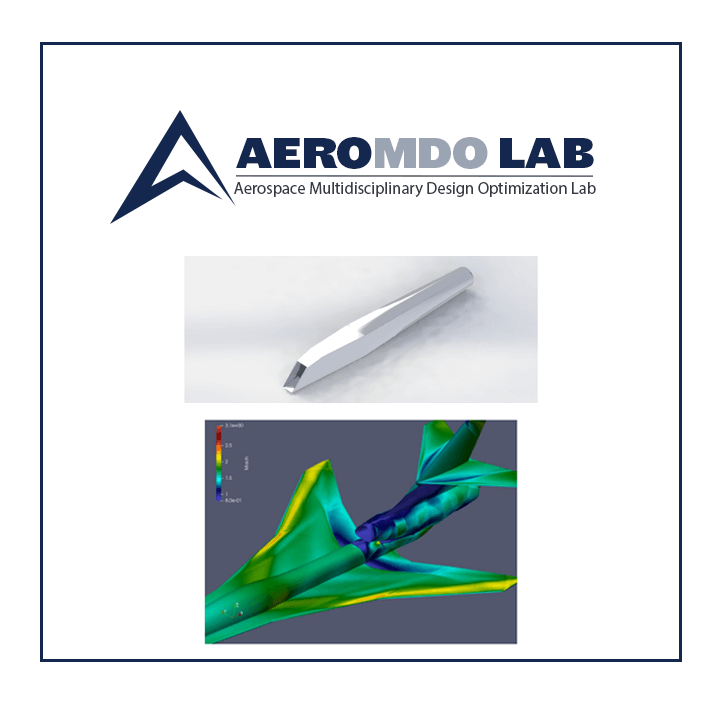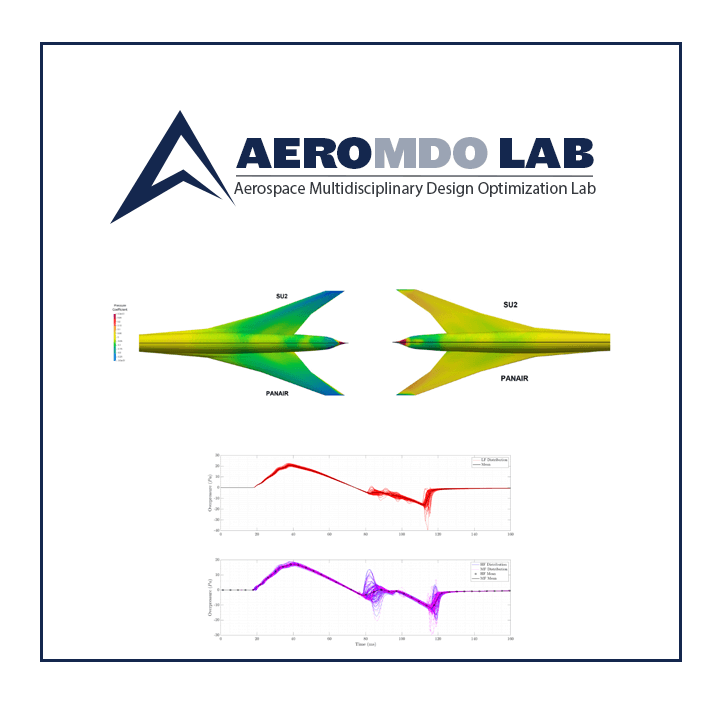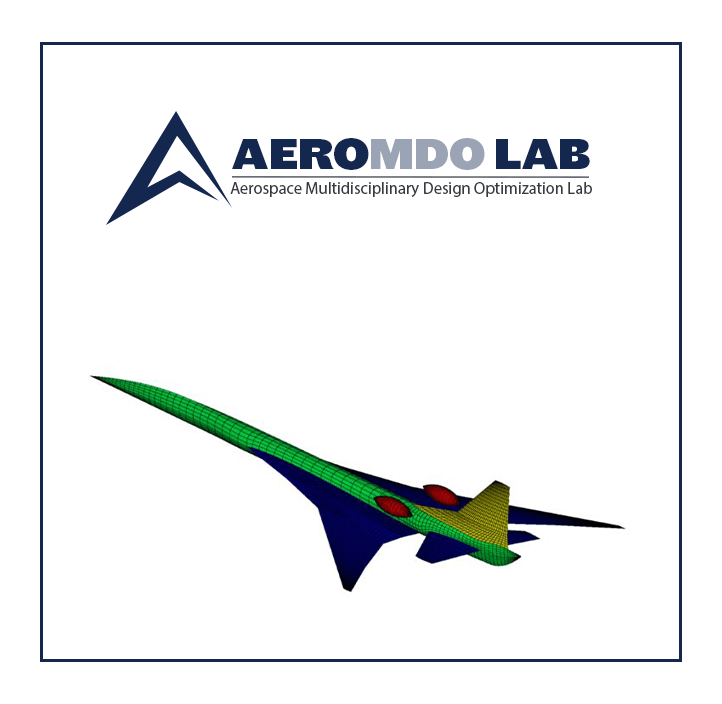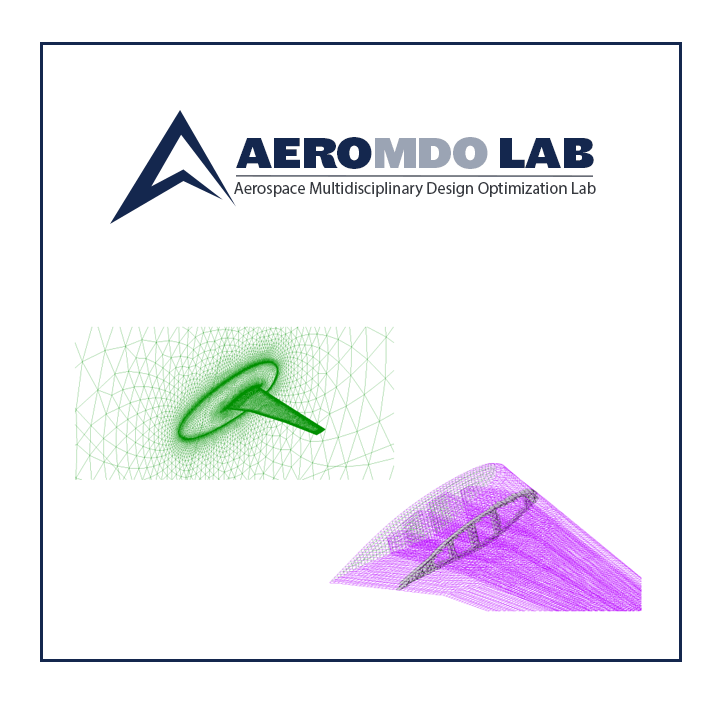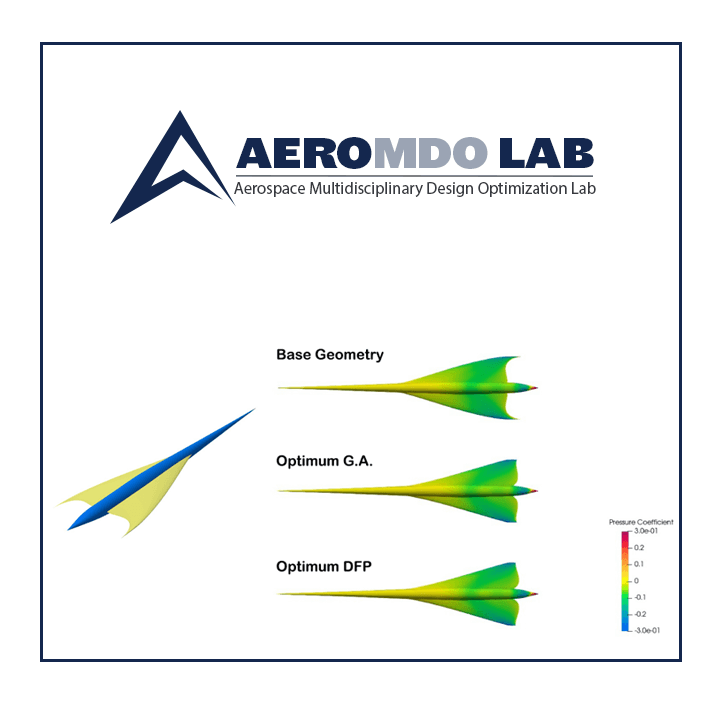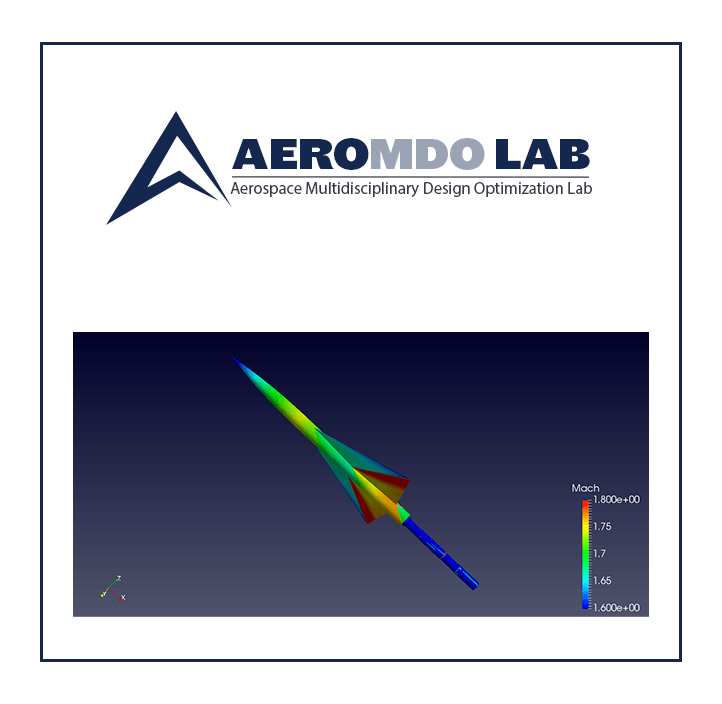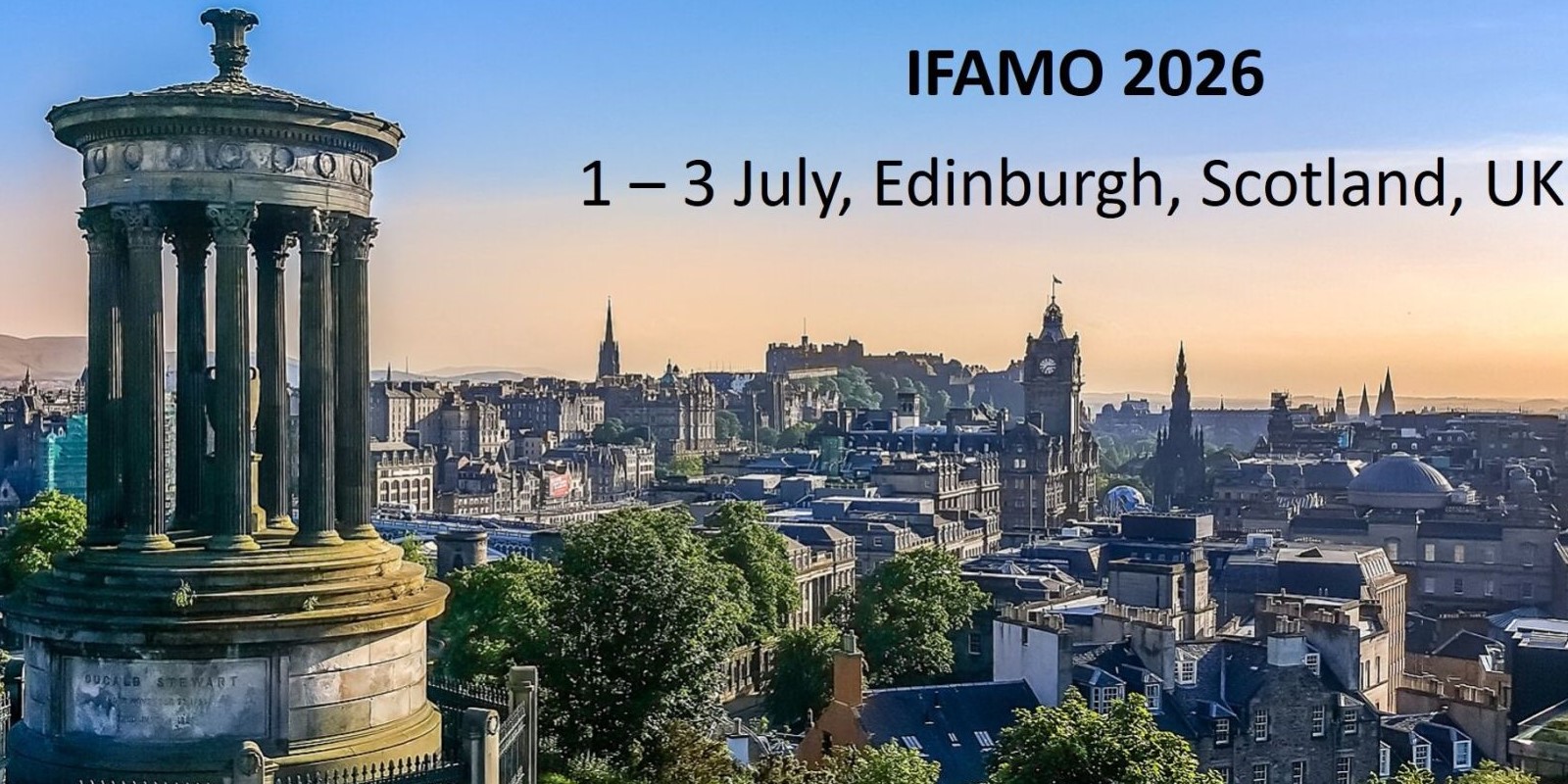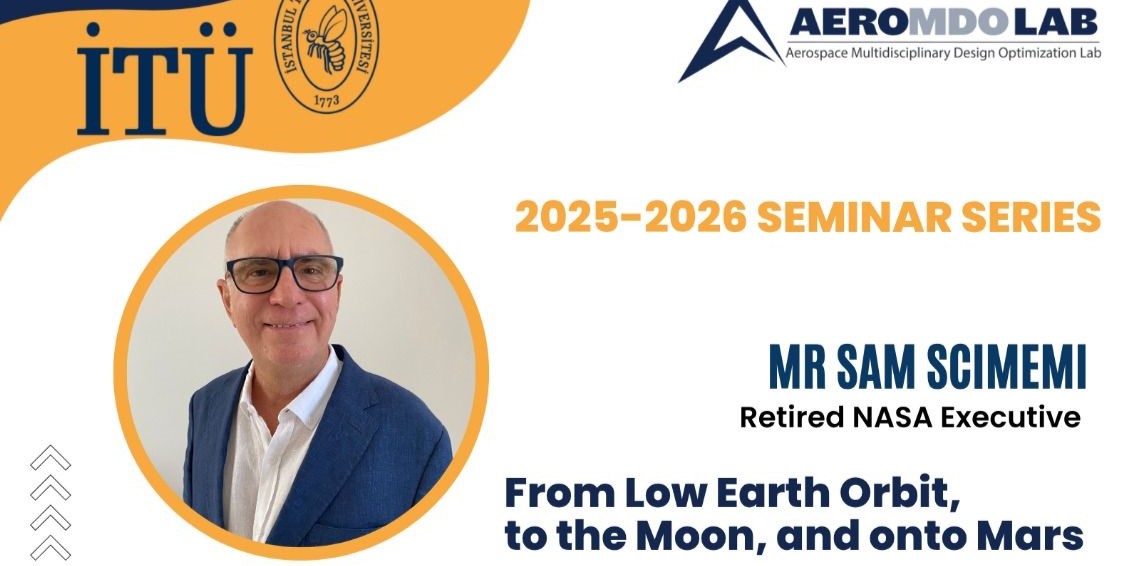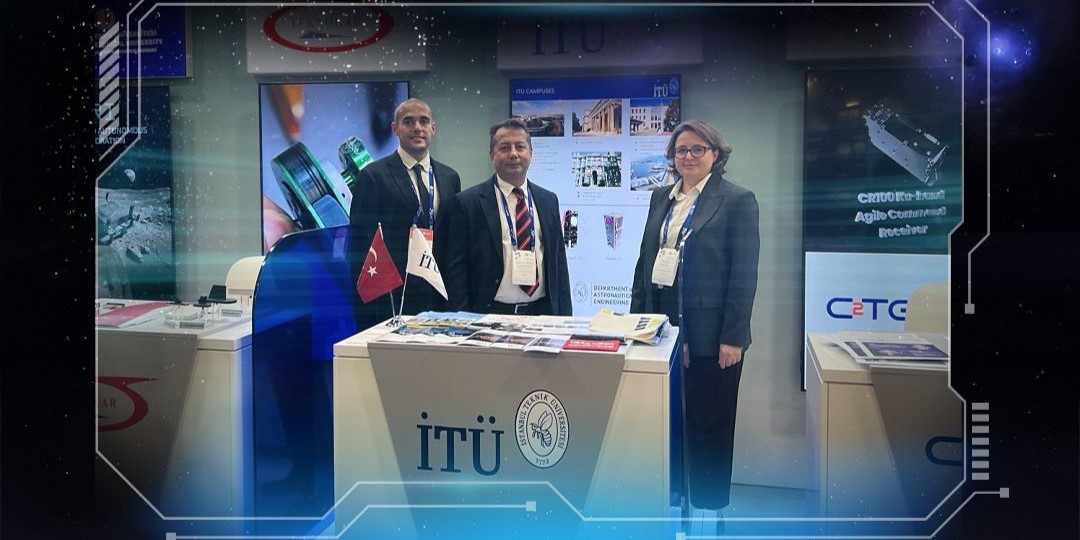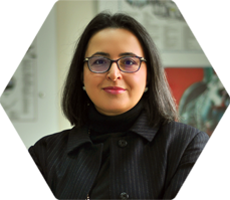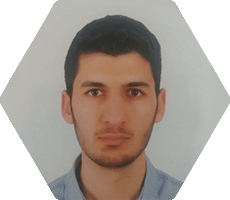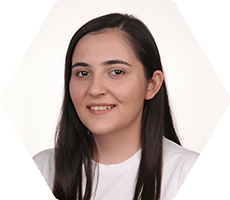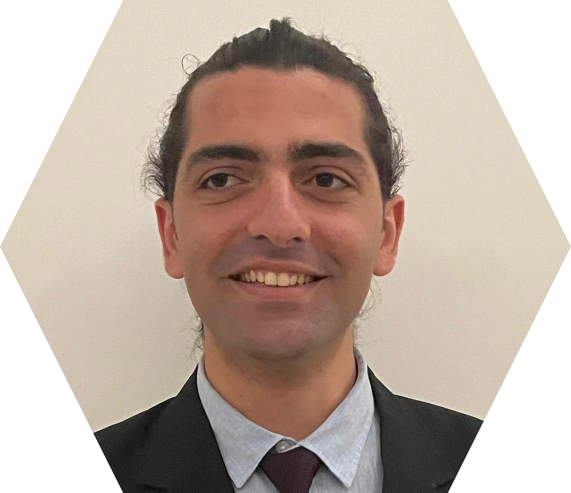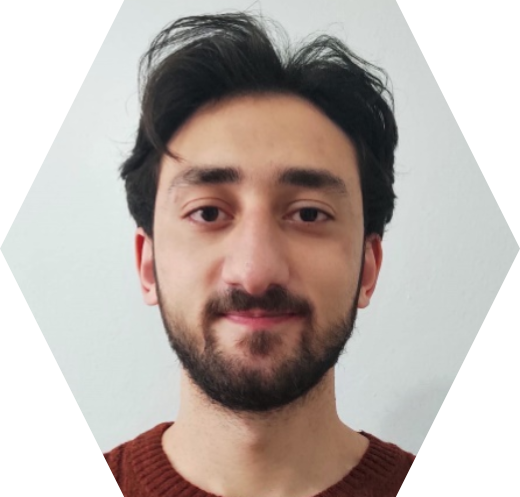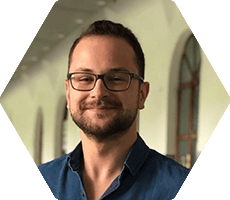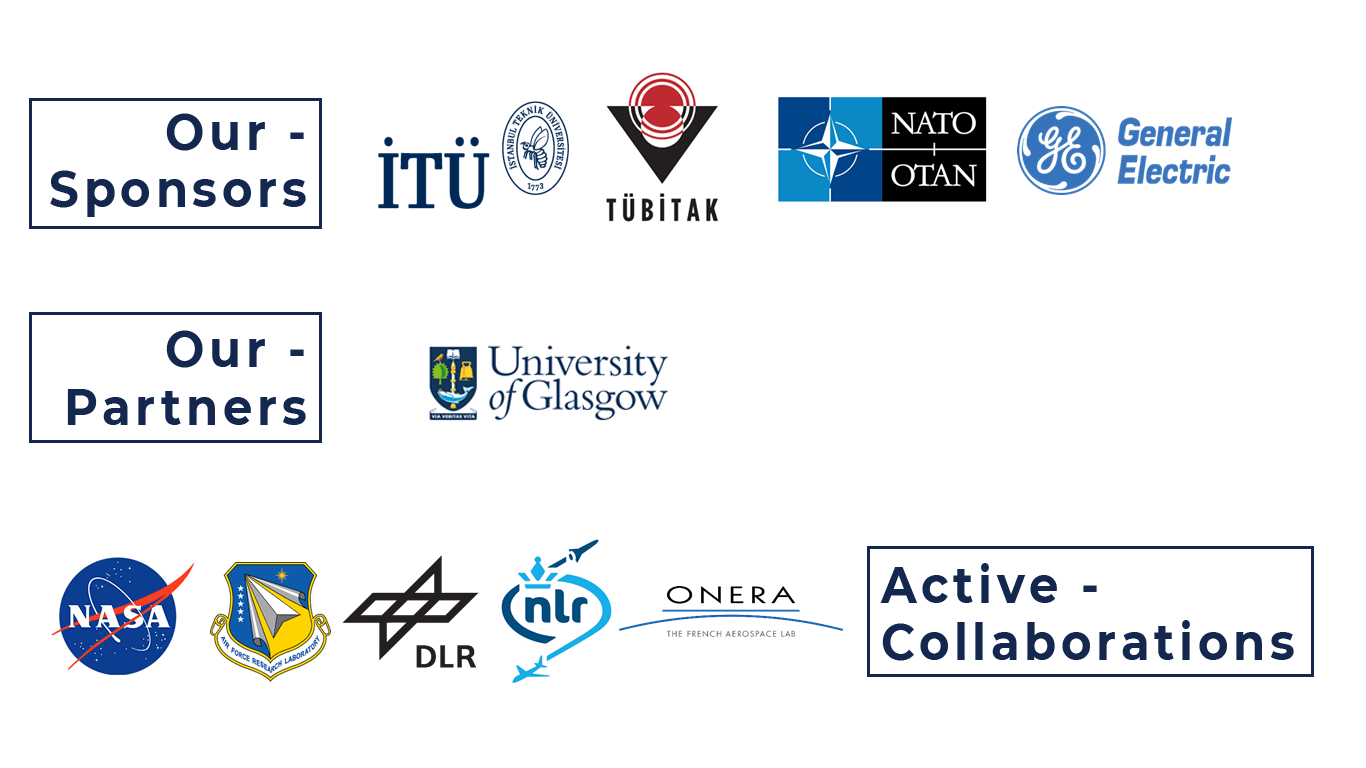Uncertainty Quantification
Reliability and robustness requirements of aerospace engineering systems are of major importance and need to be assessed accurately and efficiently during the early phases of the design process to ameliorate the certification tasks mandatory for the final design. Numerical assessment of the reliability and robustness of a system is possible with uncertainty quantification (UQ) methods that input the effect of uncertain variables to propagate them to the overall system performance.
Reduced Order Modeling
Reduced order modeling (ROM) is a technique that is usually thought of as an inexpensive mathematical representation that reduces the computational complexity in numerical simulations while offering the potential for near real-time analysis.
Since reducing the space dimension or degrees of freedom for the mathematical models of real-life processes, ROMs can deal with challenges due to the complexity and large dimension when used in numerical simulations.
ROMs become more and more popular in the aerospace industry to meet market demands that are related to shorter design cycles that produce higher quality products.
Multifidelity Analysis
Multifidelity approaches to design and analysis for complex systems include both low- and high-fidelity data so as to maximize the accuracy of model estimations while minimizing the cost computationally.
The application areas of these methods can be listed as wing-design optimization, robotic learning, even recently being extended to human-in-the-loop simulation.
-
Low-fidelity data can be sometimes utilized when no having an adequate amount of high-fidelity data available to train the model. Using low-fidelity data provides inexpensive solutions to build up the model, so it is possible to make use of larger amounts of data.
However, the limitation of the low-fidelity approach compared to high-fidelity is that it may not be used for predicting real-time analysis.
-
An obvious limitation of utilizing high-fidelity data is that the data are expensive computationally, which may limit the amount of data that can be used.
Machine Learning (Deep Learning)
Deep learning is an important subfield of machine learning and artificial intelligence (AI) that imitates the way humans gain certain types of knowledge
and is inspired by the function of the brain called artificial neural networks.
Learning can be unsupervised, supervised or semi-supervised.
